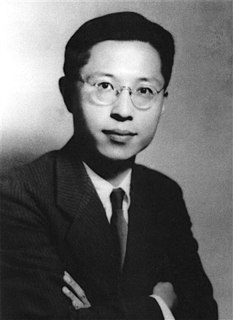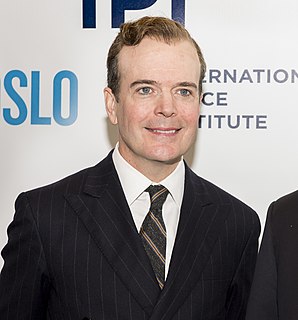A Quote by Saul Williams
You can travel through literature, and you can expand your mind through literature. It's so cheap to buy that kind of ticket.
Related Quotes
Instead of educating the I.Q., we need to educate the H.Q., the heart quotient, the matters of truth, love, justice, and compassion. There are two ways to do this. One is through the read life experiences and the other is through literature. Literature has the power to take us outside ourselves and returns to ourselves a changed self.
Literature gives us models of living human beings who may not agree with us and even be our enemies. D. H. Lawrence said that the purpose of literature was to expand our sympathies. To be a human being is to be in a state of tension between your appetites and your dreams, and the social realities around you and your obligations to your fellow man. And this conflict cannot be easily reconciled. The tension is always there as a kind of a pain in the human condition.
Literature presents you with alternate mappings of the human experience. You see that the experiences of other people and other cultures are as rich, coherent, and troubled as your own experiences. They are as beset with suffering as yours. Literature is a kind of legitimate voyeurism through the keyhole of language where you really come to know other people's lives--their anguish, their loves, their passions. Often you discover that once you dive into those lives and get below the surface, the veneer, there is a real closeness.
The director [Elfar Adalsteins] came to me through my agent and I had a read of the script [of the "Sailcloth]. I thought immediately this is someone who is writing for the cinema. Not having to go through the tedious business of taking something from literature and making that awful leap that is so difficult to make anyway, from literature to cinema. It's refreshing to be able to deal with a subject like that, to be written where the driving force is the image on screen and you don't need any words. The more that we can do that [in film], the better.



































